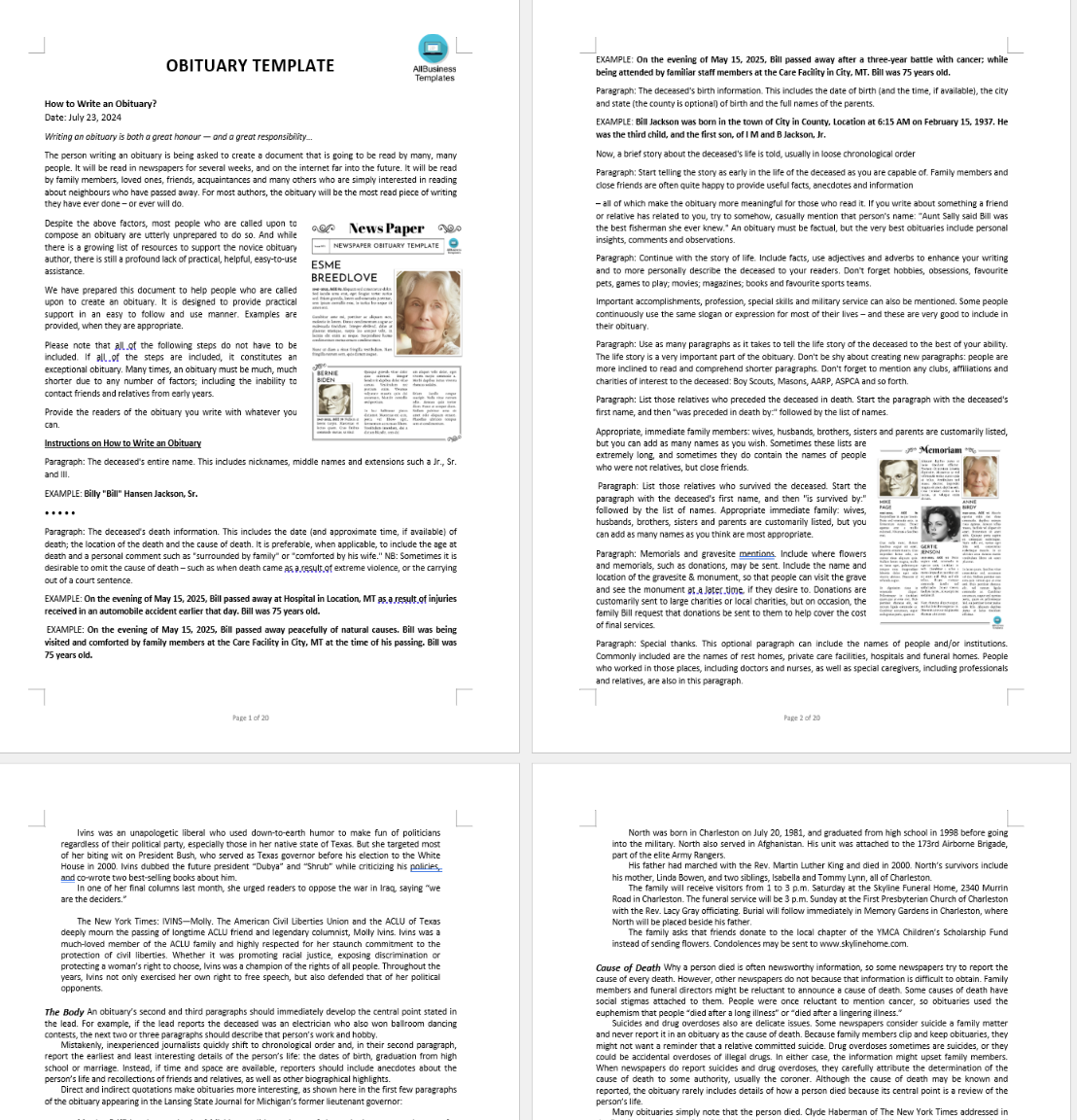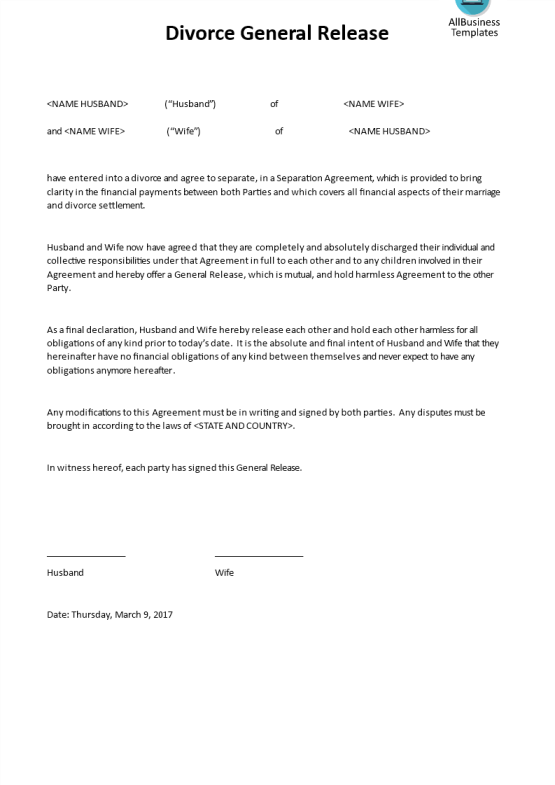Obituary Writing

Speichern, ausfüllen, drucken, fertig!
How to write an obituary in a respectful manner? Download this Funeral Obituary template now to help you getting started! We wish you strength.
Verfügbare Gratis-Dateiformate:
.docx- Dieses Dokument wurde von einem Professional zertifiziert
- 100% anpassbar
Life Privat Will Wille People Menschen condolences Beileid Obituary Nachruf Obituary Samples Nachruf Proben Deceased Verstorbene Obituary Example Nachruf Beispiel Obituary Examples Nachruf Beispiele Obituary Announcement Todesanzeige Obituary template Vorlage für Todesanzeigen obituary newspaper obituary format obituary outline template obituary template free free obituary template obituary templates obituary templates free free obituary template father obituary newspaper obituary announcement obituary condolences obituary format obituary samples obituary template obituary example obituary examples obituary samples obituary outline template obituary template obituary template word obituary template google doc
How to write an obituary in a respectful manner?
When you are forced to write an obituary for a person dear to you that has recently passed away, this is both a great honor as well as a great responsibility. The appointed person, how hard it might be, also might go through a difficult time, depending how close he or she was with the deceased person. The obituary you create must show the respect that he or she deserved, and it will be read and heard by many, many people. Often obituaries are published in the newspapers and on the internet far into the future. It will be read by family members, loved ones, friends, acquaintances, and many others who are simply interested in reading about neighbors who have passed away. For most writers, the obituary will be the most important piece people will keep and will remember the person by. It might be the hardest thing they will ever will do.
Despite the above factors, most people who are called upon to compose an obituary are utterly unprepared to do so. And while there is a growing list of resources to support the novice obituary author, there is still a profound lack of practical, helpful, easy-to-use assistance. This obituary template is prepared to help people who are called upon to create an obituary.
Obituary sample:
On the evening of ..., Will passed away at Hospital, MT as a result of injuries received in an automobile accident earlier that day.. after a three year battle with cancer while being attended by familiar staff members at the Care Facility in Now, a brief story about the deceased s life is told, usually in loose chronological order Paragraph: Start telling the story as early in the life of the deceased as you are capable of..
Obituary Characteristics
Information commonly presented, and its approximate order, in an obituary includes:
1. Identification (full name, age, address).
2. Unique, outstanding or major attribute.
3. Time and place of death.
4. Cause or circumstance of death.
5. Major accomplishments.
6. Chronology of early life (place and date of birth, moves, education).
7. Place and date of marriage.
8. Occupation and employment history.
9. Honors, awards and offices held.
10. Additional interests and accomplishments.
11. Memberships in churches, clubs and other civic groups.
12. Military service.
13. Surviving relatives (spouse, children, grandchildren, etc.).
14. Religious services (location, officiating clergy, pallbearers).
15. Other burial and funeral arrangements.
Please note that all of the following steps do not have to be included. If all of the steps are included, it constitutes an exceptional obituary. Many times, an obituary must be much, much shorter due to any number of factors; including the inability to contact friends and relatives from early years. Provide the readers of the obituary you write with whatever you can. Instructions on How to Write an Obituary:
Don't reinvent the wheel when you need to write an obituary. Instead, we provide this standardized Funeral Obituary template with text and formatting as a starting point to help professionalize the way you are working. Using this funeral template guarantees you have something decent in hand that can help you to start! It comes in Microsoft Office format or Google Docs format, is ready to be tailored to your personal needs.
Download this Funeral Obituary template now to help you getting started! We wish you strength.
HAFTUNGSAUSSCHLUSS
Nichts auf dieser Website gilt als Rechtsberatung und kein Mandatsverhältnis wird hergestellt.
Wenn Sie Fragen oder Anmerkungen haben, können Sie sie gerne unten veröffentlichen.

